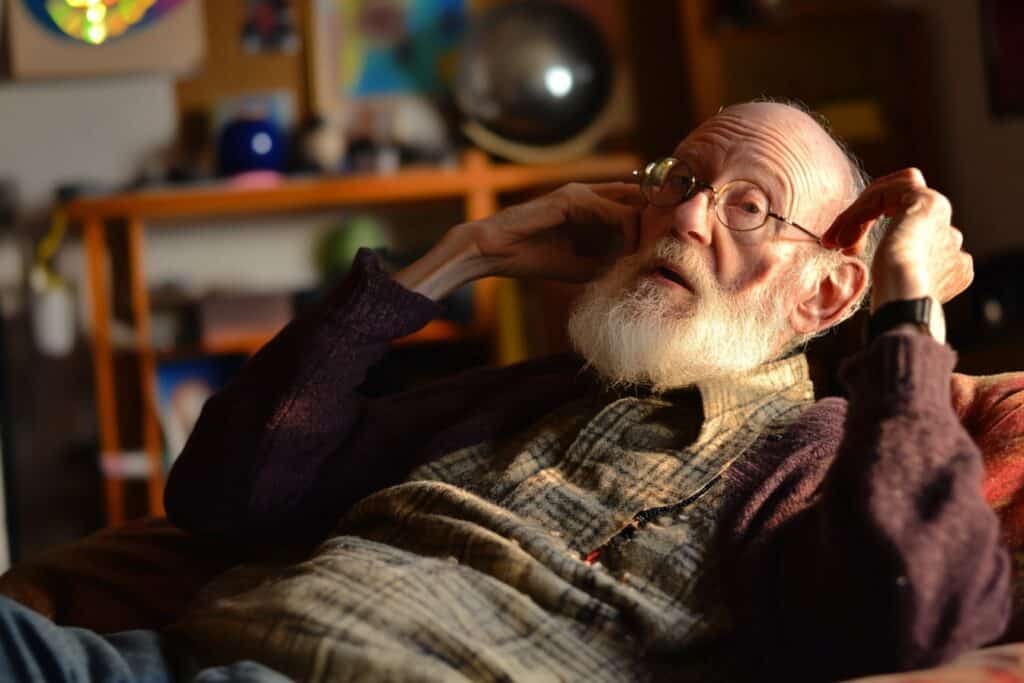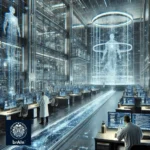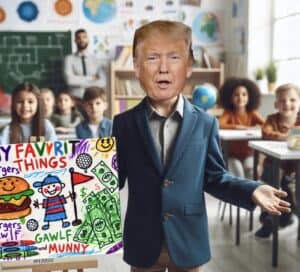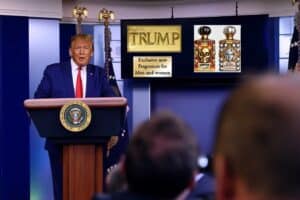
A pair of glasses suddenly appeared in the lab of Dr. Velroy, time travel researcher and frequent misplacer of personal items.
The first mystery solved? Where Velroy left his glasses. The second? A historical revelation so profound that experts are still decoding its implications.
Scientists examining the lenses found embedded coordinates and a date, possibly tied to an unsolved moment in history.
“This is proof,” Velroy stated, adjusting the glasses. “Proof that I left them on the damn Time Machine.”
Now, researchers are scrambling to retrace Velroy’s probable future self’s next move—before he loses something even bigger.
Velroy, meanwhile, remains hopeful that further breakthroughs in temporal physics will finally help him locate his car keys, three missing notebooks, and a sandwich he distinctly remembers putting down in 2018.
This is satire, of course. The real world is nothing like that…
But if you want to see how things actually work, here are some totally real, absolutely normal links that inspired this story:
- Time Travel Research: Physicist Ron Mallett has developed equations and a prototype device that he believes could enable time travel, though practical implementation remains uncertain. Earth.com
- Simulated Time Travel: Researchers have simulated backward time travel with a 25% chance of altering past events, using quantum systems to test the possibilities of influencing history. The Debrief
- Misplacing Personal Items: On average, individuals spend about 2.5 days each year searching for lost items, with common misplaced objects including keys, phones, and glasses. PR Newswire
- Techniques to Find Lost Items: Experts suggest various strategies to locate misplaced belongings, such as retracing steps and organizing spaces to minimize loss. NPR
- Memory Tricks: Scientists from Johns Hopkins have identified methods to improve memory recall, aiding in the retrieval of lost items by enhancing cognitive associations. nvld.org+2Well+Good+2PMC+2








